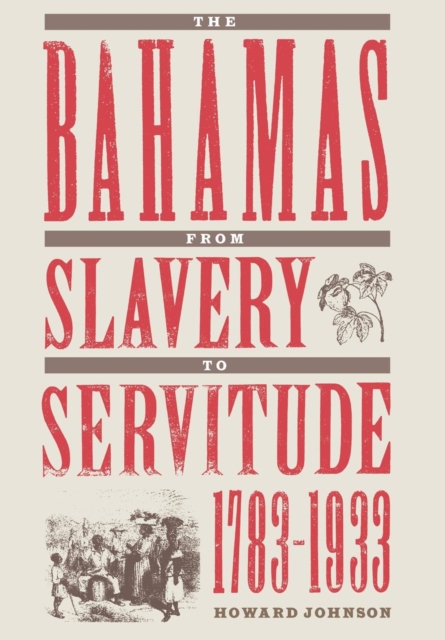
Bahamas from Slavery to Servitude, 1783-1933 Hardback
by Howard Johnson
Hardback
Description
"A significant contribution to the history of the Caribbean and to the comparative study of slavery and transitions to free labor systems."--O.
Nigel Bolland, Colgate University"An extended and comprehensive history of the Bahamas. . . . Shifts the focus of interest from the islands' elites to the common people . . . with special reference to the black population which has hitherto been largely ignored in historical writing."--Richard B.
Sheridan, University of Kansas, LawrenceIn the only scholarly treatment of Bahamian socioeconomic history in the post-emancipation years, Howard Johnson begins by examining the last phase of slavery as one element in the foundation of later, and often more exploitative, labor systems.
Looking at both urban and rural slave populations, Johnson discusses the systems of slave hire, apprenticeship, and indenture and highlights the ways in which the people of the Bahamas often exerted more autonomy and power as slaves than as a "free" people. Following emancipation in 1838, an export economy based on cotton, salt, sponges, and pineapples spawned coercive credit and truck systems, which bolstered the dominance of a white mercantile elite that would exercise control until the early 1960s.
Various government policies further perpetuated a "machinery of class slavery," making migration (primarily to Key West and, later, to Miami) one of the few escape routes available to the lower classes. Throughout, Johnson relates historical developments in the Bahamas to those in neighboring Caribbean islands, Latin America, and the United States, making this an important sourcebook for all Caribbeanists.
It will also be of interest to scholars of the historiography of slavery in the Americas and the transition from slavery to freedom or--in a post-emancipation system of domination like that of the Bahamas--from slavery to servitude. Howard Johnson is associate professor in the Department of Black American Studies and History at the University of Delaware, editor of After the Crossing: Immigrants and Minorities in Caribbean Creole Society (1988), and author of The Bahamas in Slavery and Freedom (1991).
Information
-
Item not Available
- Format:Hardback
- Pages:264 pages, 5 tables, 1 map, notes, bibliography, index
- Publisher:University Press of Florida
- Publication Date:28/02/1997
- Category:
- ISBN:9780813014944
Information
-
Item not Available
- Format:Hardback
- Pages:264 pages, 5 tables, 1 map, notes, bibliography, index
- Publisher:University Press of Florida
- Publication Date:28/02/1997
- Category:
- ISBN:9780813014944






